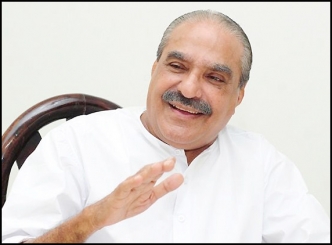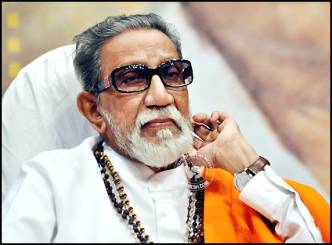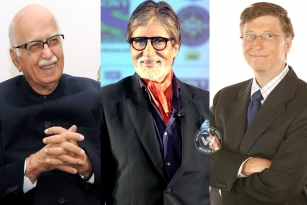
 On October 31 world population would touch 7 billion or 700 crore. Almost all countries are eagerly waiting for the new arrival. African Review today quoted that the child may born in India also. Africa welcomes the seventh billion human being on earth.
On October 31 world population would touch 7 billion or 700 crore. Almost all countries are eagerly waiting for the new arrival. African Review today quoted that the child may born in India also. Africa welcomes the seventh billion human being on earth.
On October 31 night, a woman will give birth to a most significant child to the country and maybe even to the whole world. Where the child is born — whether in a slum, refugee camp or a leafy suburb in the Third World— will greatly determine its future and whether it survives, thrives or dies in misery. This significant child could also be born in a rich town in Denmark, but most likely it will be in a poor village in populous India. All these children are remarkable, because any of them could be the seventh billion human being on earth. If the baby will be Kenyan, it will also double as the 41.6th million citizen.
What London says: In five days, world population is projected to reach 7 billion. How we respond now will determine whether we have a healthy, sustainable and prosperous future or one that is marked by inequalities, environmental decline and economic setbacks, according to The State of World Population 2011 report, published today by UNFPA, the United Nations Population Fund.
“With planning and the right investments in people now—to empower them to make choices that are not only good for themselves, but also for our global commons—our world of 7 billion can have thriving sustainable cities, productive labour forces that fuel economies, and youth populations that contribute to the well-being of their societies,” says UNFPA Executive Director Dr. Babatunde Osotimehin in the foreword of the report, entitled People and Possibilities in a World of 7 Billion.
The 7 billion milestone “is a challenge, an opportunity and a call to action,” said Dr. Osotimehin at the report’s launch in London. The report is also being launched in more than 100 other cities worldwide. Of the world’s 7 billion, 1.8 billion are young people between the ages of 10 and 24, Dr. Osotimehin noted. “Young people hold the key to the future, with the potential to transform the global political landscape and to propel economies through their creativity and capacities for innovation. But the opportunity to realize youth’s great potential must be seized now,” Dr. Osotimehin said. “We should be investing in the health and education of our youth. This would yield enormous returns in economic growth and development for generations to come.”














